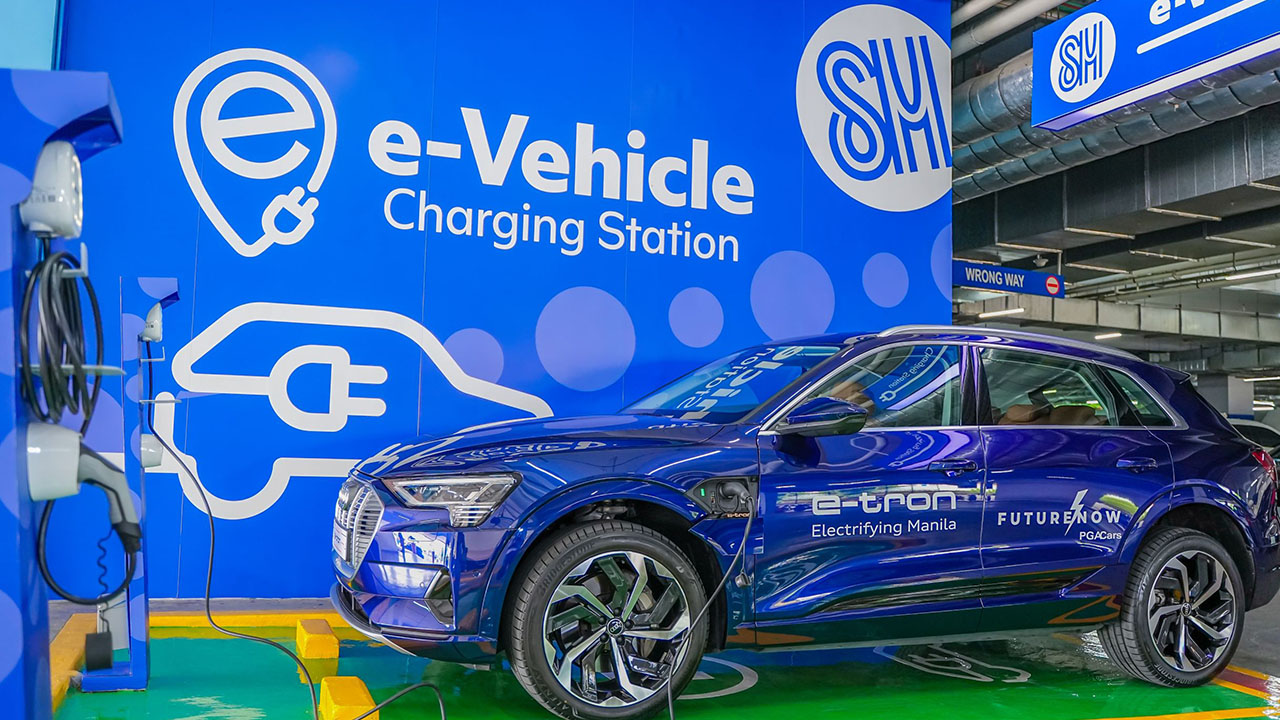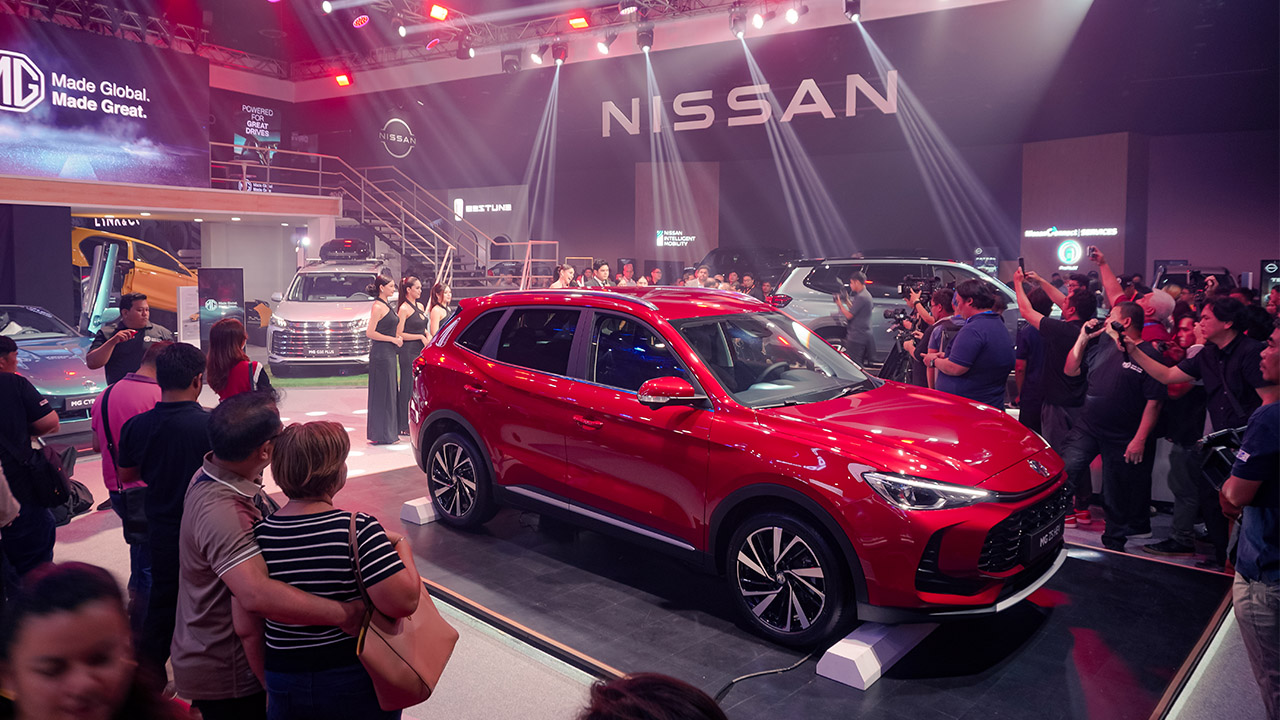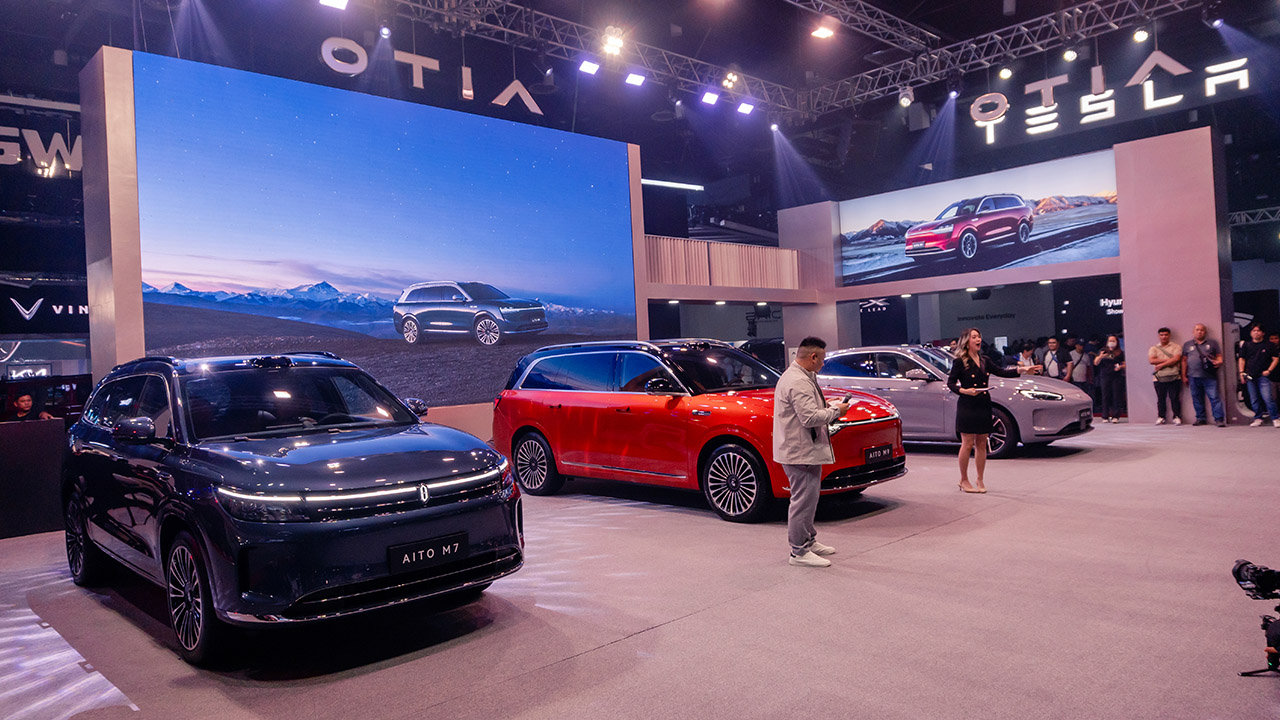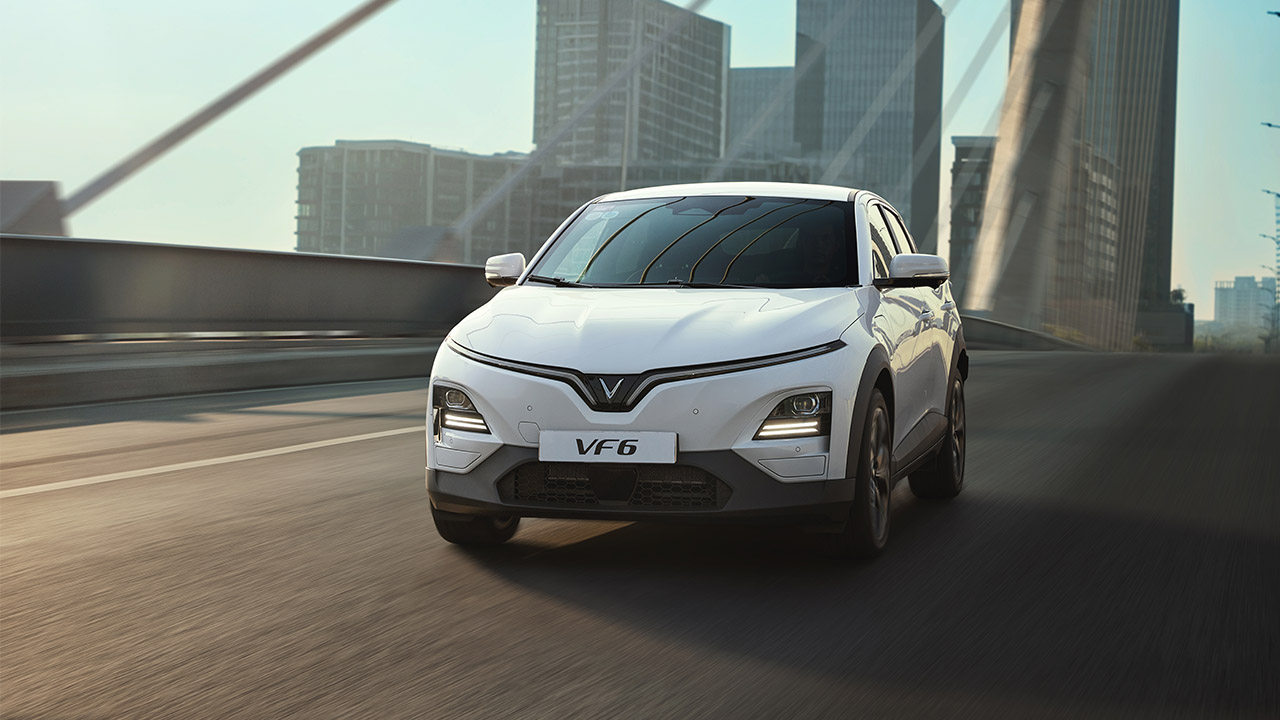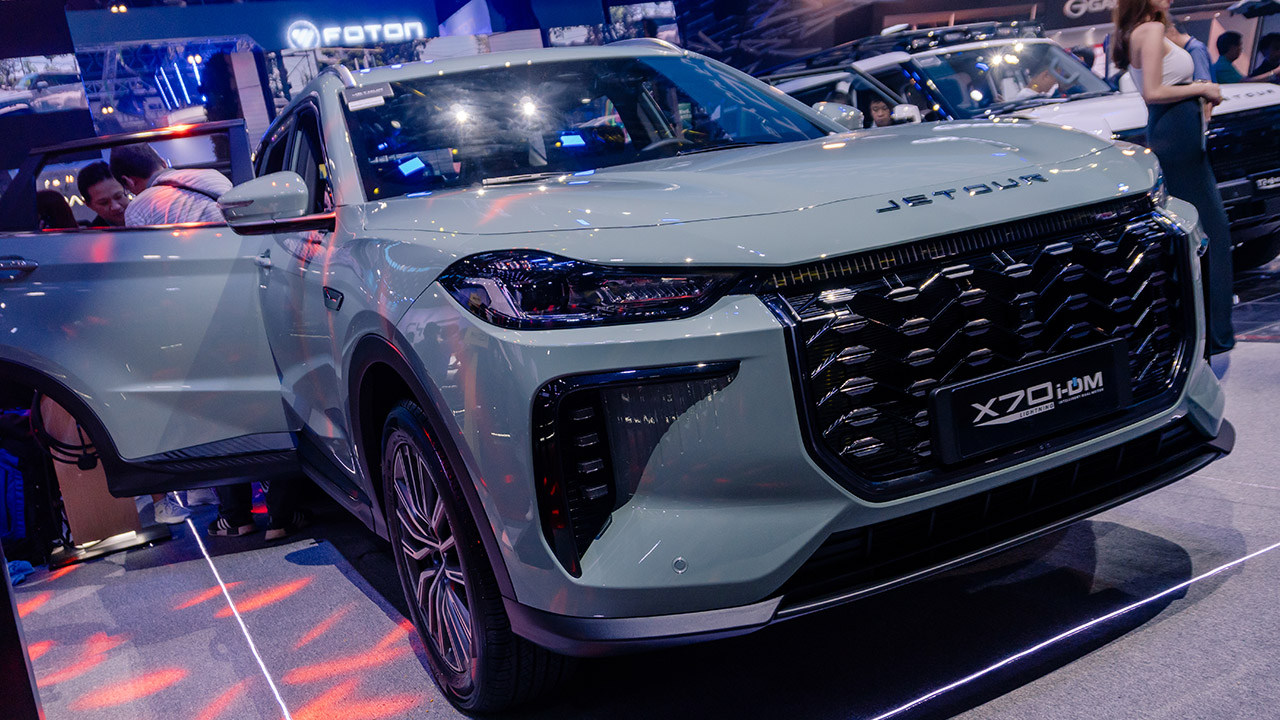In the automotive sector, battery electric vehicles are currently regarded as the preferred choice, with zero tailpipe emissions and approximately one-third of the carbon footprint compared to conventional ICE vehicles.
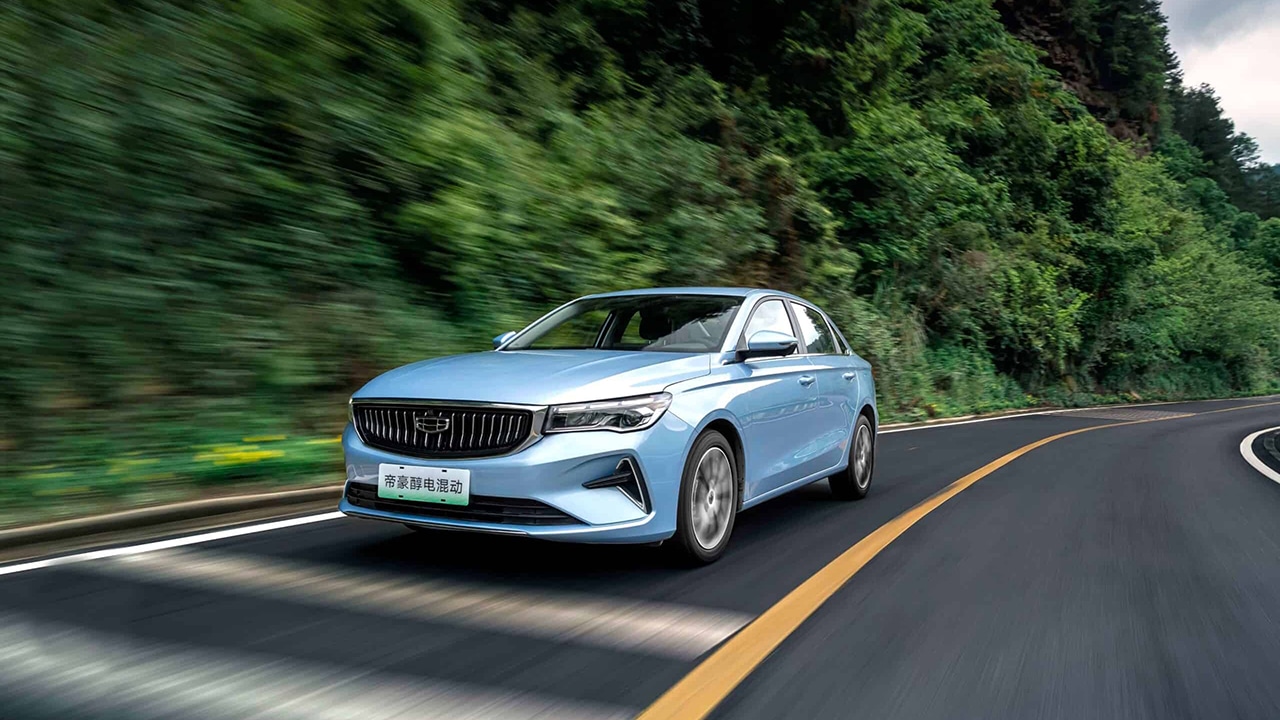
However, the extensive infrastructure development required for universal electric car coverage is expected to take several more decades. In the interim, alternative solutions are imperative to address the urgent need for action.
The concept of ‘green fuels’ is gaining traction, and methanol, in particular, has emerged as a noteworthy contender. Geely Group has been heavily investing in green methanol since 2005, taking a comprehensive approach that considers the entire ecosystem, from production using renewable methods to active use cases.
Geely’s involvement in the production of ‘green methanol’ dates back to 2015 when it invested in Carbon Recycling International (CRI), an Icelandic company focused on utilizing naturally produced carbon dioxide from volcanic activity.
By capturing and combining this carbon dioxide with hydrogen through electrolysis using renewable energy, CRI produced green methanol as a fuel, effectively repurposing a waste product.

Impressed by the success, Geely brought the technology to China, constructing the country’s first carbon dioxide-to-methanol recycling plant in Anyang. Unlike the Icelandic approach, Geely targeted carbon emissions from heavy industry, capturing waste carbon dioxide at the source and repurposing it as a cleaner-burning fuel, methanol.
The classification of methanol as a ‘green’ fuel is attributed to the fact that the carbon dioxide emissions would have entered the atmosphere regardless. This approach roughly halves the amount of emissions that would have occurred otherwise.
Moreover, methanol burns significantly cleaner than petrol, producing 99% less sulfur oxides, 60% less nitrogen oxides, and 75% less particulate matter.
Geely’s methanol-powered passenger car, the Emgrand M100, emits only 46 grams per kilometer of CO2, a stark contrast to the average of 116.3 grams per kilometer for European cars in 2022.
As a group employing over 50,000 people with 12 plants and five global R&D centers, Geely has made significant strides in reducing carbon footprints. In 2022, the brands under Geely Auto Group management sold over 1.68 million units, with new energy vehicle sales increasing by 48.3%, and exports growing by 38%.
Guiyang’s local government has recognized the promising results and converted the majority of the city’s taxi fleet to methanol-powered cars, with operating costs as low as 0.3 RMB per kilometer.
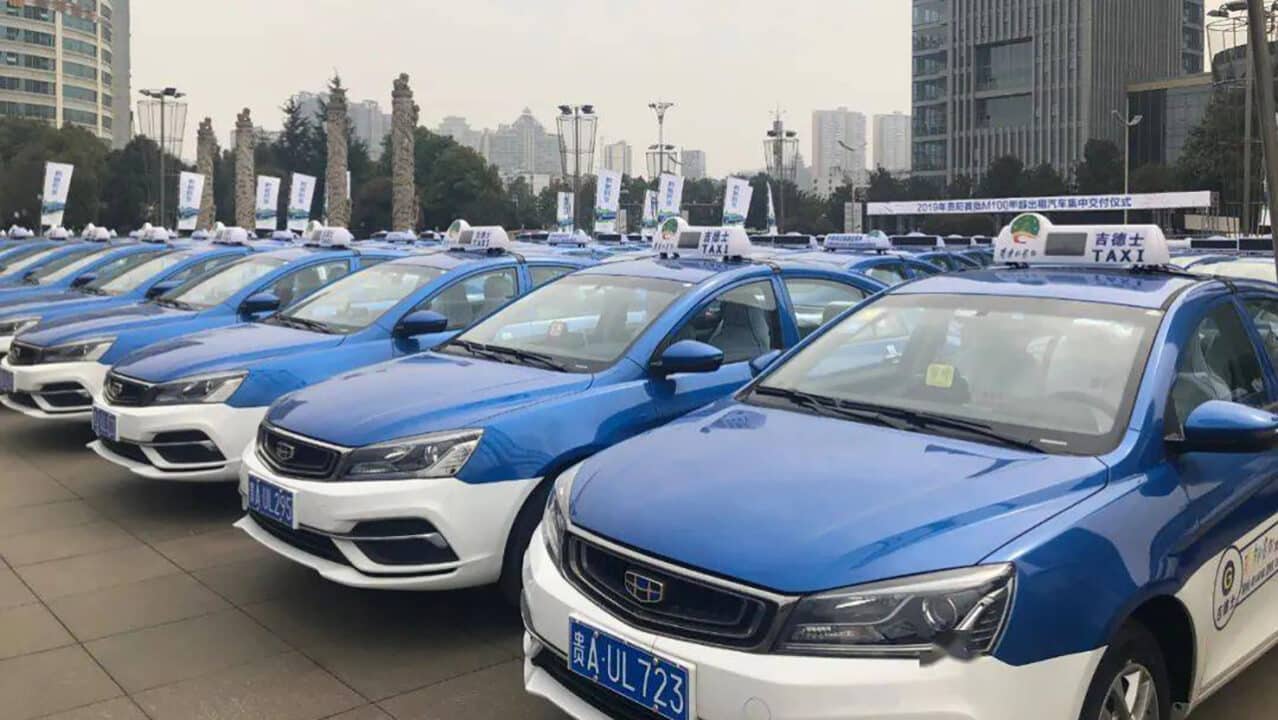
As of May 2023, over 90% of the city’s taxi fleet runs on methanol, accumulating over 10 billion kilometers of use and reducing oil dependence by 8%.
Geely’s efforts with the methanol-powered Emgrand continue to evolve, with the latest version, the Emgrand M100 Hybrid, introducing hybrid technology for the first time. This model can run on pure electric energy at low speeds and use both electric and methanol power for a combined 264hp, exclusively running on 100% methanol.
While methanol alone may not be the singular answer to the planet’s energy challenges, Geely’s investments in Guiyang and beyond demonstrate its promising role. The proven flexibility, measurable success, and genuine real-world use cases underscore the potential of this renewable fuel, with much more to come.


